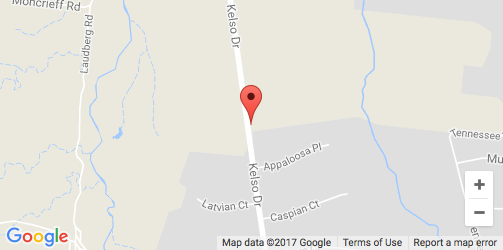|
It has decided to turn over a new leaf!! 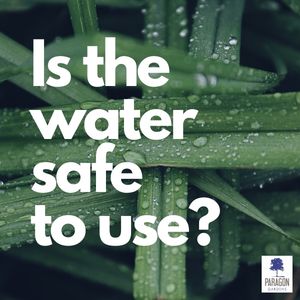 Bore water can often be an excellent alternative to water lawn and gardens, thus making it a viable solution to decrease your town water usage and any excess water charges, particularly for those with larger residential blocks or acreage properties. Bore water is not an unlimited resource. It is dependent on rainfall and how much water is absorbed into the aquifers through the ground. Pumping too much water out of your borehole without adequate rainwater to recharge the aquifers will result in your bore delivering less water. The number of boreholes in an area can also decrease the water table. This can greatly reduce the amount of water available for you to use each time that it operates, but also have an environmental impact in the long run. A common indication that it is starting to run low is that you can hear the bore sucking air. Continuing to use the bore pump when there is a problem may burn it out. Additionally, pumping large amounts of water simply because you can is not only wasting a valuable resource, it is problematic. Over-watering your lawn and gardens can cause just as many challenges as under-watering. Consider what your lawn as a plant needs, not what you can give it. The water that flows into an aquifer may be contaminated by many things we do at or near the surface. It is not always possible to tell if your bore water is contaminated. Some indicators of a contaminated bore are:
What does this mean for your lawn and gardens? The grass and garden plants may be yellowing, wilting or dying. In our experience, we have found that Townsville’s bore water often leans towards being slightly alkaline and we have noticed that in recent times there is a tendency for it to be also slightly salty. Some can be high in calcium (white spots on plant leaves, fences, etc where the bore water sits and dries). Others can be high in iron. Installing a new bore has many hurdles that impact its installation cost and, ultimately, its success:
It is important to consider that the success of a new bore is not guaranteed. It is critical that you go with an honest and reputable boring company with good local knowledge. We noticed that there was a significant increase in bore installations as the drought in Townsville pushed on past the first and second failed wet season (around 2016 - 2018), unfortunately these were not always viable. With the excitement of overcoming all these factors, it is the actual quality of the water that is often overlooked. It would be advisable to carry out a proper water analysis test, particularly before investing further in your outdoor space with a bore pump, irrigation, turf and gardens. Is the water actually safe to use on your beautiful new lawn and gardens? Further to this, it is recommended you test your bore water annually in Spring, when you start to increase the amount of bore water you are using due the change of season and warmer temperatures. Just because it has never been a problem in the past, does not mean that it will always be the case. The pH of your bore water will affect the health and growth of plants in your garden. Bore water that is too acidic or too alkaline may affect the uptake of nutrients by plants. You can perform your own pH test on your bore water with a swimming pool test kit. Poor bore water quality will have effect on your soil’s pH level as in time your soil will become whatever your water is. If you suspect that there may be a problem with the health and appearance of your lawn and plants, one of the first steps to take is a simple and quick soil pH test to check for acidity or alkalinity. There is no doubt that bore water is a wonderful and valuable resource if it available to you. Comments are closed.
|
AuthorWrite something about yourself. No need to be fancy, just an overview. Archives
July 2022
Categories
All
|
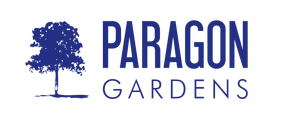
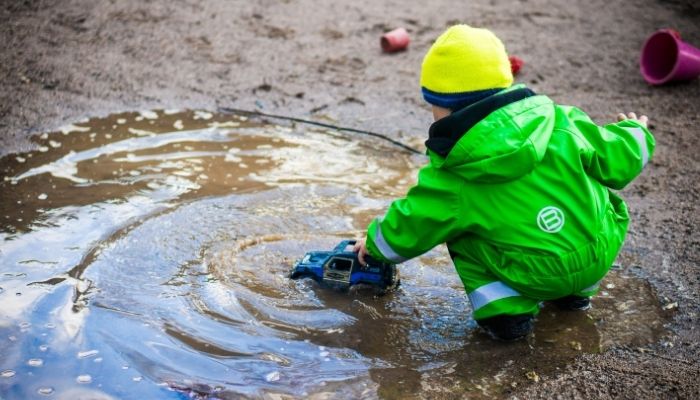
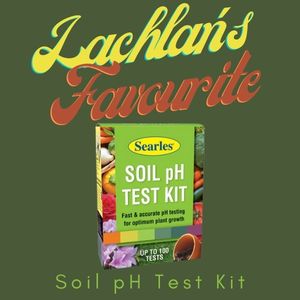
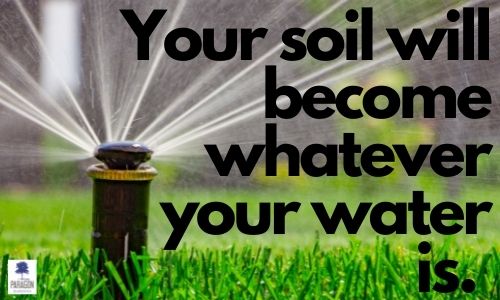
 RSS Feed
RSS Feed
